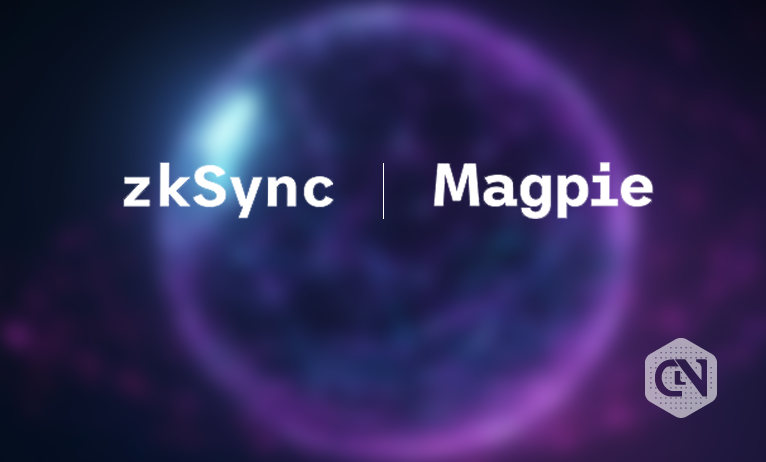MapMetrics Migration to Peaq Layer-1 Backbone
MapMetrics, a prominent Microsoft mapping data partner and drive-to-earn DePIN provider, has recently announced its move from Solana to the peaq layer-1 backbone. This transition marks a significant milestone for MapMetrics, a leading market player in mobility leveraging a decentralized physical infrastructure network. With the integration of approximately 55,000 devices onto peaq, alongside a wealth of on-chain activity, MapMetrics is poised to unlock new opportunities and possibilities within the Web3 ecosystem.
A Shift Towards Peaq
Having been established on the robust foundations of Solana, MapMetrics’ decision to migrate to peaq signifies another remarkable DePIN migration from a different system. This move not only sets the stage for additional transitions in the near future but also invites the peaq community to embark on a visionary journey of mapping the universe using the transformative power of Web3 technology.
An Overview of MapMetrics
MapMetrics stands out as a cutting-edge web3 navigation application with a stellar reputation, offering users the opportunity to earn crypto rewards by contributing to mapping efforts. Following its successful Android release, MapMetrics has gained traction with over 55,000 installations across 177 countries. In a strategic collaboration with Microsoft, MapMetrics has partnered to enrich Bing Maps through data sourced from its user base.
The migration strategy of MapMetrics to peaq revolves around the seamless integration of decentralized physical infrastructure network, machine composability, DePIN functionalities, and DePIN-based economics. These key features position MapMetrics as a vital player within the evolving ecosystem of peaq.
Synergy with Peaq-based DePINs
MapMetrics exhibits a strong synergy with other peaq-based DePINs through syntactic composability, a concept that fosters seamless interaction and interoperability among different entities within the peaq network. With over 25 DePINs already integrated into peaq’s framework, MapMetrics benefits from efficient machine composability, enabling streamlined access to device fleets connected to peaq.
The machine composability feature empowers MapMetrics to tap into peaq’s growing network of DePIN-relevant businesses, creating a robust enterprise ecosystem essential for building a strong user base and interactive community around the DePIN.
DePIN-based Economics and Future Prospects
DePIN-based economics play a pivotal role in enabling DePINs like MapMetrics to devise sustainable business models on the peaq platform. By leveraging smart contracts and minting its token on peaq, MapMetrics is poised to enhance its decentralized applications and provide a bridging option for existing token holders.
The transition of MapMetrics from Solana to peaq underscores the importance of a network equipped with reliable transactions, machine data verification, a DePIN-centric system, and an economic model tailored for DePINs. As MapMetrics embarks on this transformative journey, it positions itself at the forefront of innovation, creativity, and technological advancement in the years ahead.
Image/Photo credit: source url





